Greek debt crisis: Eurozone finance ministers warn Tsipras may have to compromise further as they arrive for key Brussels talks
Dutch finance minister says he and others are 'very worried' about the Greek government's commitment to reform
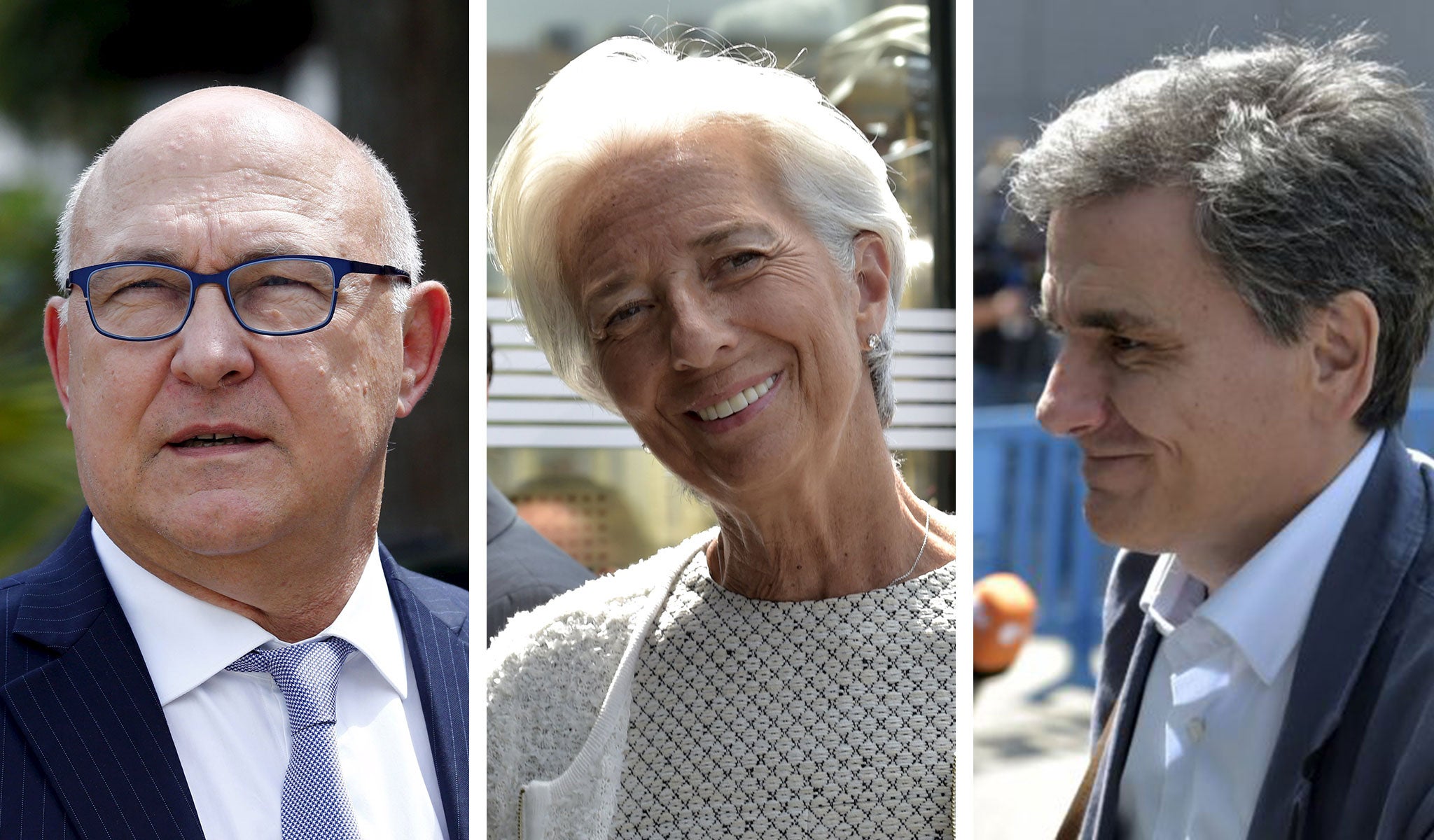
Your support helps us to tell the story
From reproductive rights to climate change to Big Tech, The Independent is on the ground when the story is developing. Whether it's investigating the financials of Elon Musk's pro-Trump PAC or producing our latest documentary, 'The A Word', which shines a light on the American women fighting for reproductive rights, we know how important it is to parse out the facts from the messaging.
At such a critical moment in US history, we need reporters on the ground. Your donation allows us to keep sending journalists to speak to both sides of the story.
The Independent is trusted by Americans across the entire political spectrum. And unlike many other quality news outlets, we choose not to lock Americans out of our reporting and analysis with paywalls. We believe quality journalism should be available to everyone, paid for by those who can afford it.
Your support makes all the difference.Eurozone ministers have warned that Greece is still "far away" from being handed another bailout as they arrive in Brussels to discuss the the debt-ridden country's new reform proposals.
They came knowing that the Greek parliament has overwhelmingly passed a package of reform and austerity measures that the Alexis Tsipras' government hopes will convince creditors to grant his country a three-year bailout.
The Prime Minister warned that his country was facing a "minefield" of negotiations after promising tax hikes and spending cuts that have angered voters who rejected similar austerity measures in a referendum just days ago.
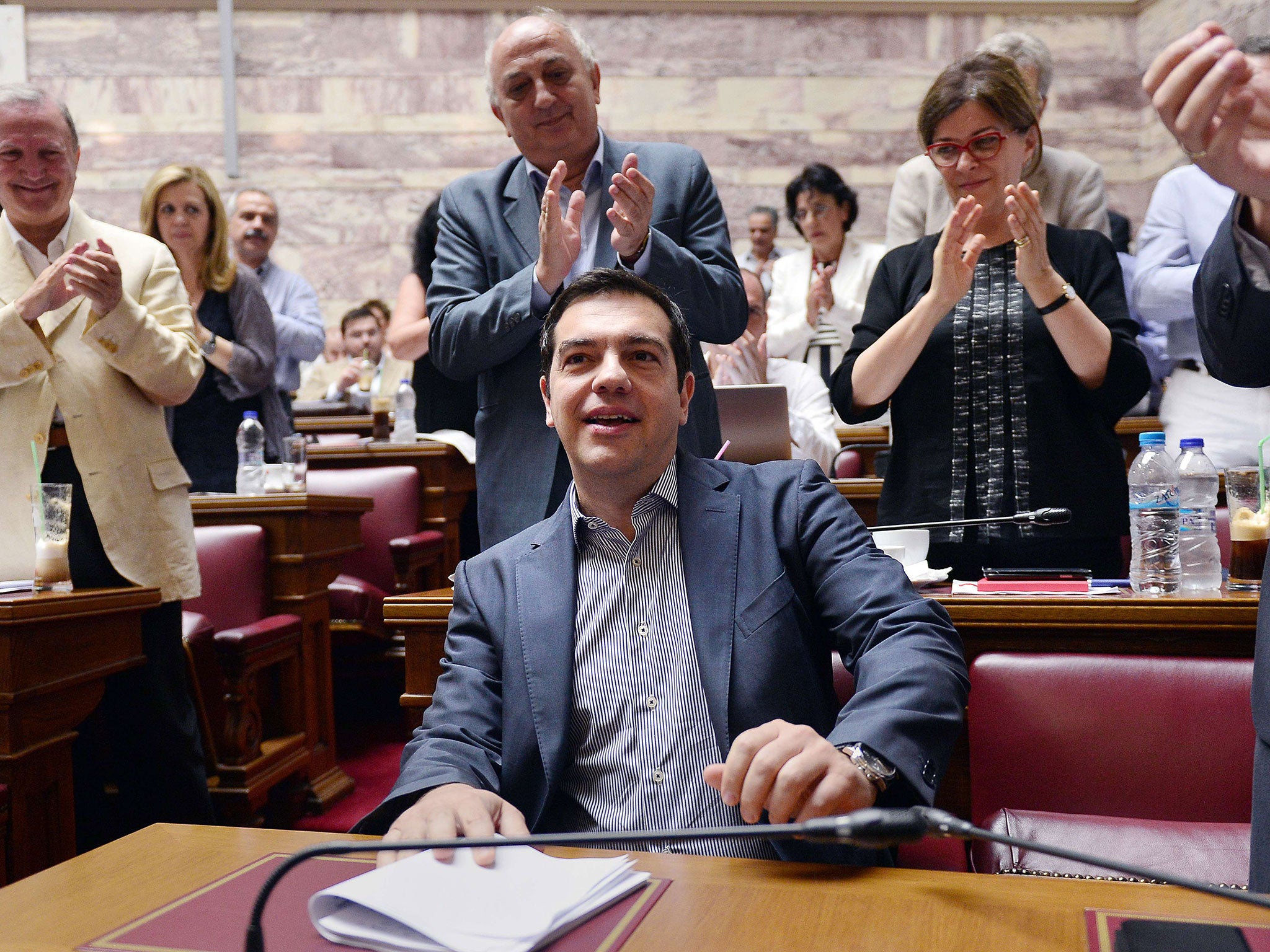
His new proposals appear to have assuaged some concerns in Europe but it appears Greece will still have to do more.
A source close to the negotiations said international creditors have found the Greek package “under certain conditions...as a basis for discussion”but creditors were still looking for stronger commitments and urgent action on several issues.
Jeroen Dijsselbloem, the Eurogroup president and Dutch finance minister, said: "We are still far away. It looks quite complicated. On both content and the more complicated question of trust, even if it's all good on paper the question is whether it will get off the ground and will it happen.
"So I think we are facing a difficult negotiation."

He said Greece would have to "listen" to EU ministers and institutions in the hated "Troika", asking "Can the Greek Government can be trusted to do what they are promising, to actually implement in coming weeks, months and years?"
Germany's Finance Minister, Wolfgang Schaeuble, said the talks would be "extremely difficult" and said the Eurogroup could no longer "rely on promises".
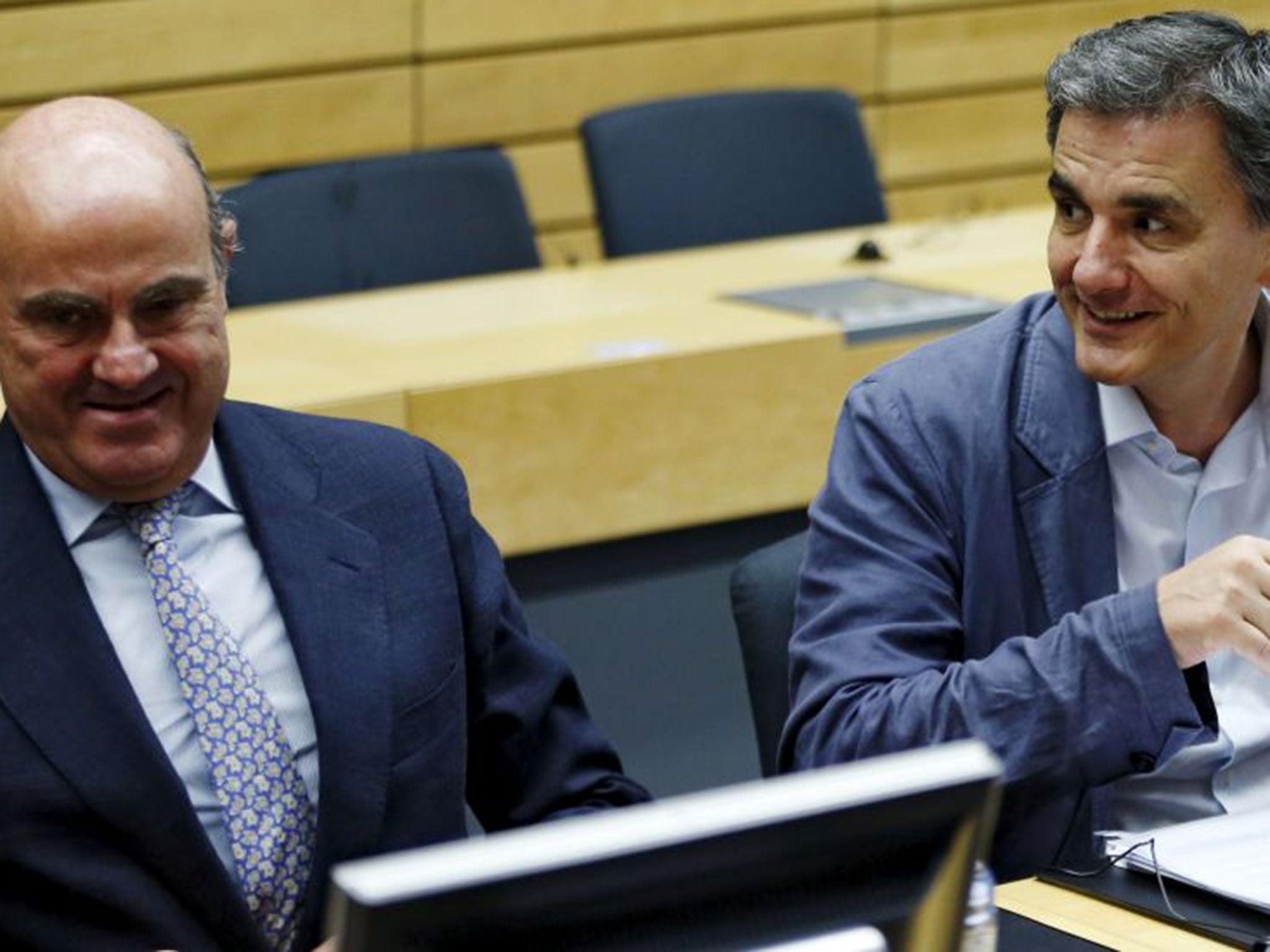
The Irish finance minister, Michael Noonan, said that Greece must begin implementing the proposals immediately if it is to succeed, and that the most recent developments would have been far more welcome if they had happened earlier in the year.
Spain's Prime Minister Mariano Rajoy told reporters the new agreement "will be worse than the previous one".
Christine Lagarde, the managing director of the IMF, sounded a more positive note on her arrival, saying: "I think we are here to make a lot more progress."
Eric Wiebes, the Netherlands' state secretary, pointed to the fact that many of the reform proposals that the Greek government got through parliament late last night were similar to those rejected in a referendum six days ago.
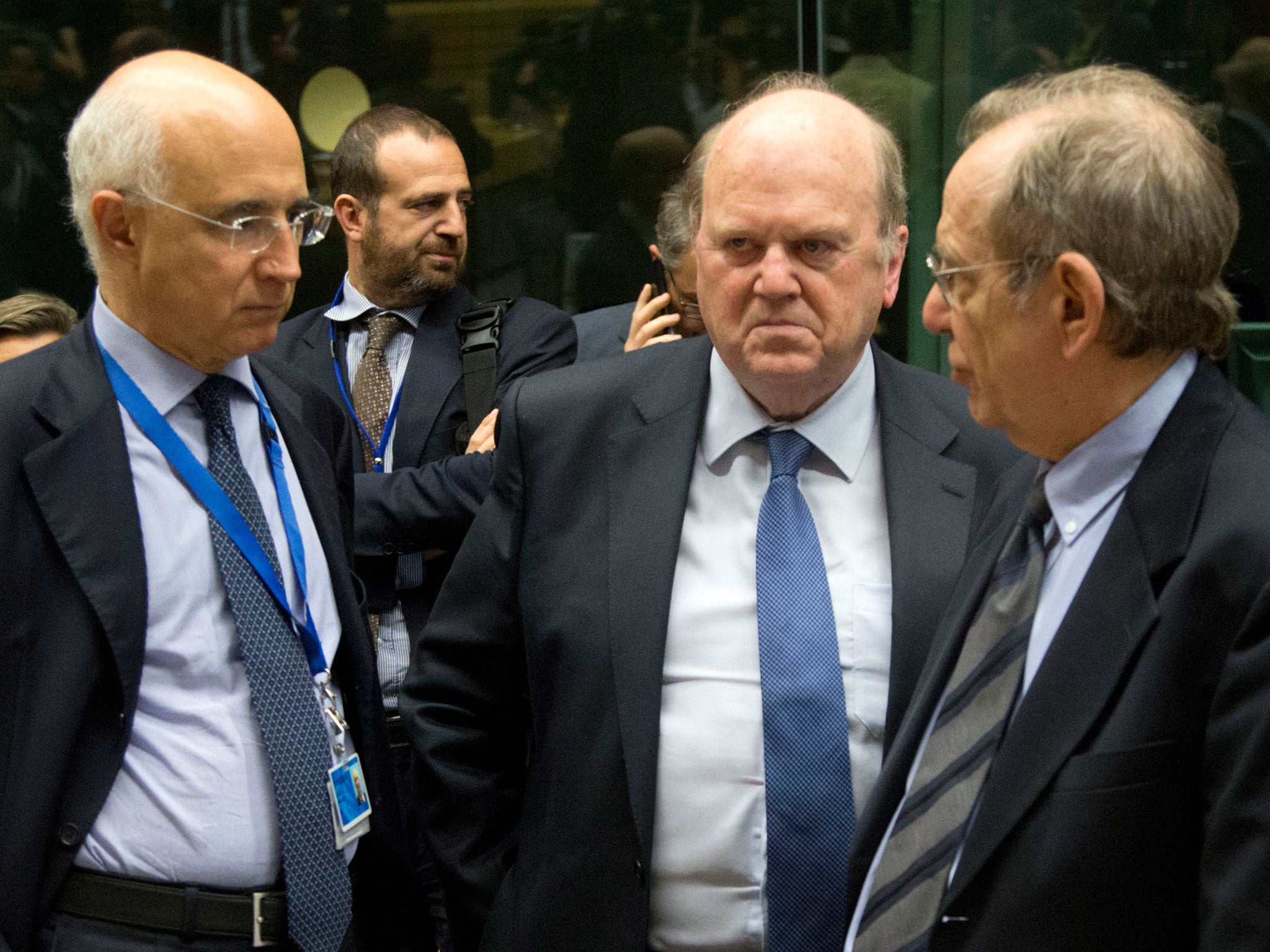
"We are discussing a proposal that is very similar to the proposal that was rejected massively less than a week ago," he added.
Mr Tsipras earlier said his government had made mistakes during its six-month tenure but insisted the latest proposal contains measures that would help the economy and, if approved, unlock sufficient financing for the country to end its its crisis and tackle its massive debt.
Previous reports suggested that Greece may need up to €84 billion (£38 billion) in relief, rather than the €53 billion package that it has outlined.
“There is no doubt that for six months now we've been in a war,” the Prime Minister said, adding that his government had lost some “difficult battles”.
“Now I have the feeling we've reached the boundary line,” he added. “From here on there is a minefield, and I don't have the right to dismiss this or hide it from the Greek people.”
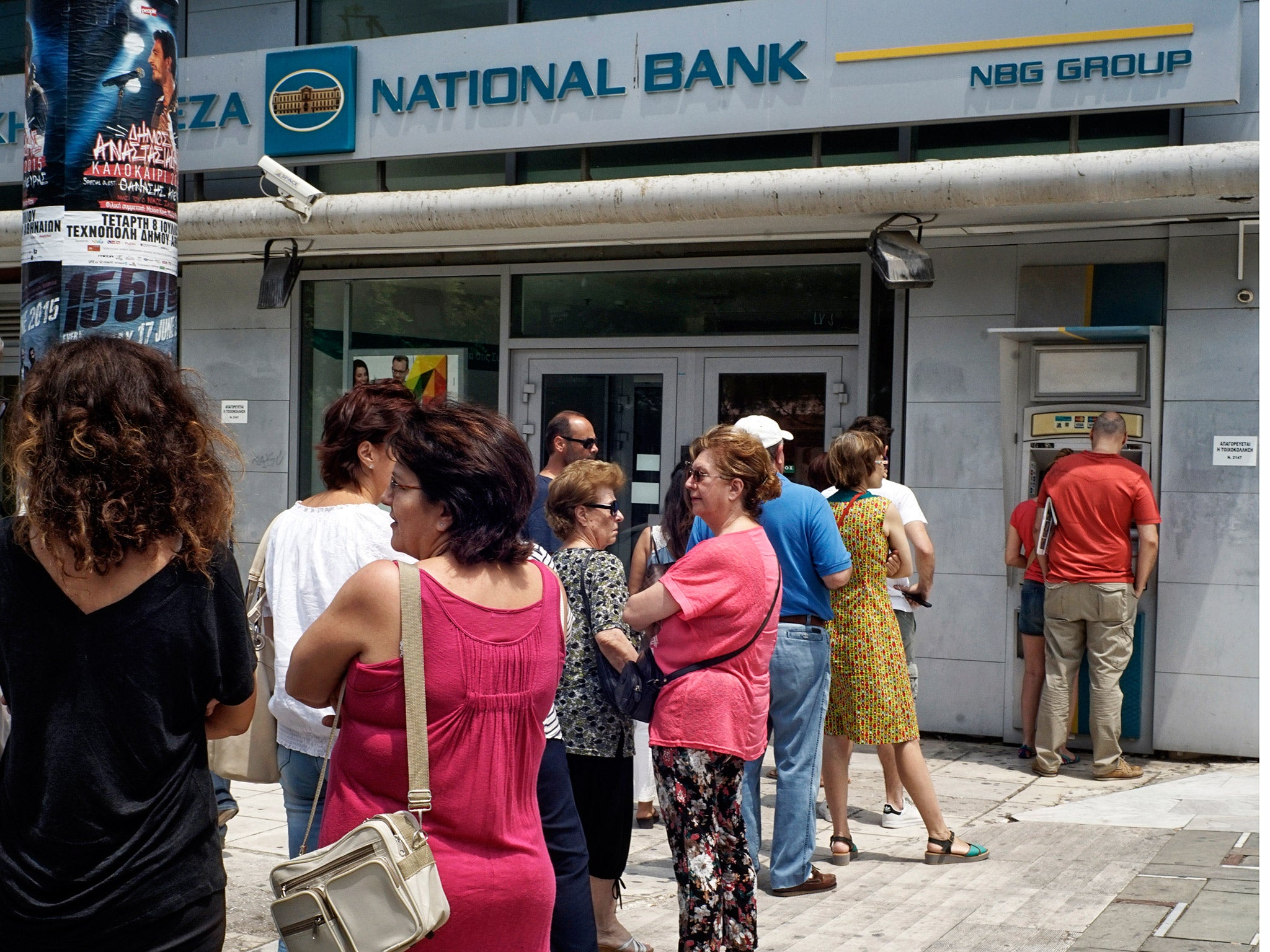
Sparking concerns over the stability of the embattled Greek government, 10 members abstained or voted against the reforms, including energy minister Panagiotis Lafazanis, deputy labour minister Dimitris Stratoulis and the speaker of parliament, Zoe Constantopoulou.
"The government is being totally blackmailed to acquiesce to something which does not reflect what it represents," Ms Constantopoulou said.
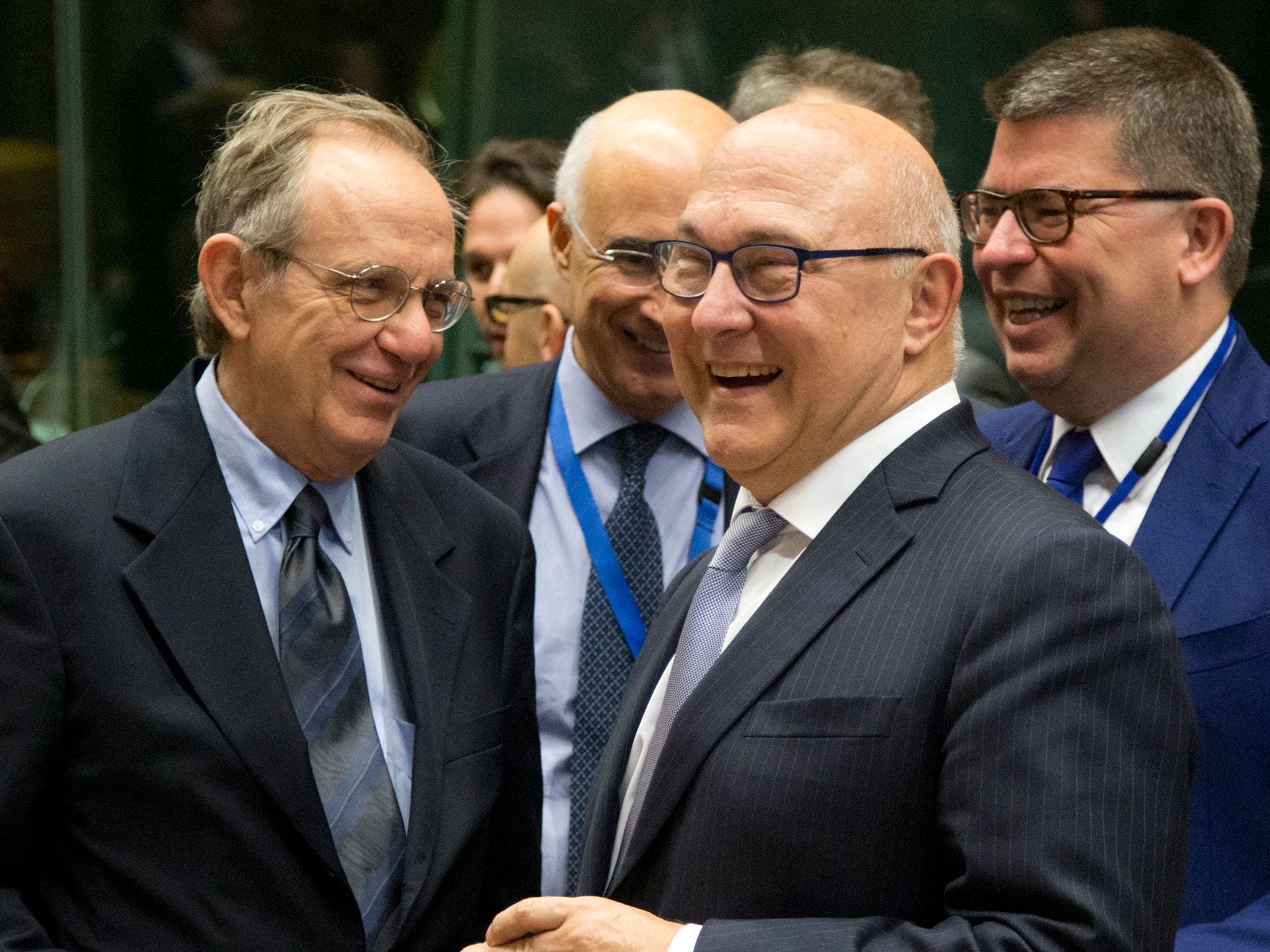
If a deal is not struck, Greek banks could run out of money and the country could be forced to leave the Euro.
Banks are already closed, with a €60 (£43) daily limit imposed on cash machine withdrawals that has been in place since 28 June, and anti-austerity protesters gathered outside Parliament as last night’s vote was taken.
The package would bring in 23 per cent unified VAT, scrap tax breaks for wealthy islands, hike taxes for shipping companies, phase out a “solidarity grant” for pensioners, privatise ports and telecoms and slash defence spending.
Join our commenting forum
Join thought-provoking conversations, follow other Independent readers and see their replies
Comments